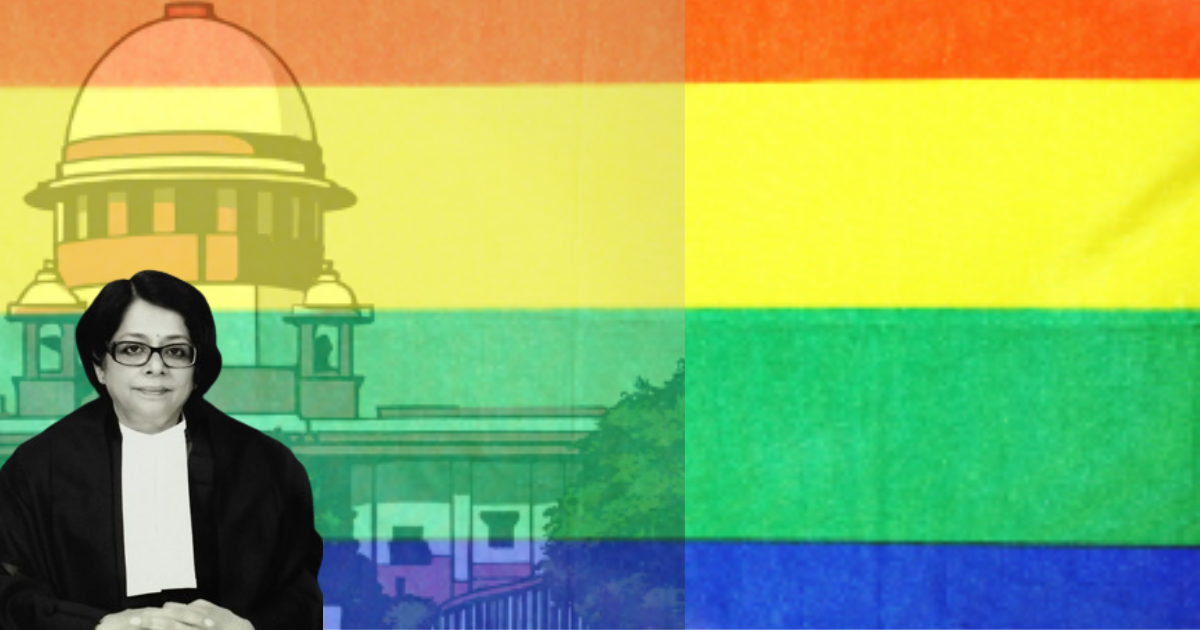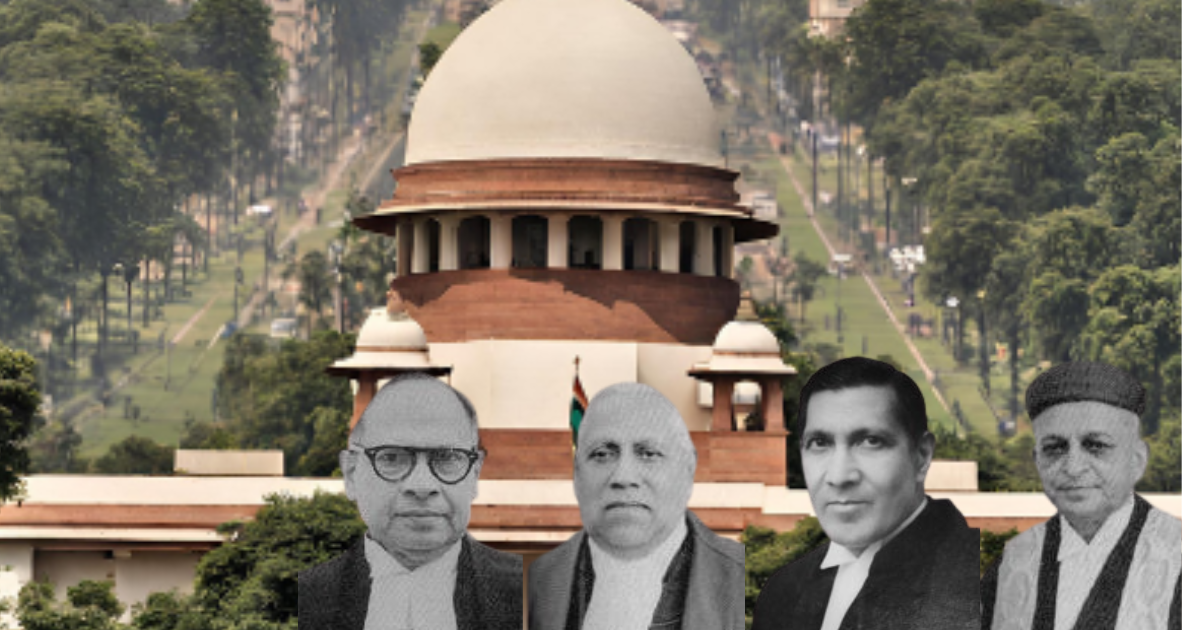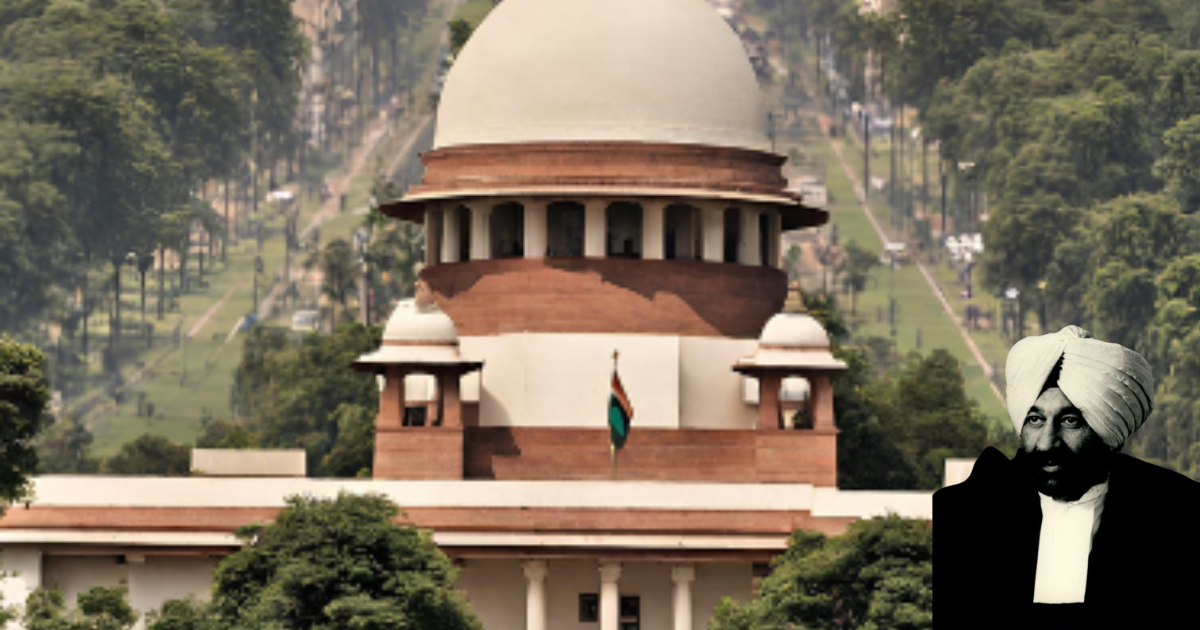In the saga of Indian legal history, the case of Navtej Singh Johar v. Union of India (2018) emerges as a groundbreaking chapter that unfolded against the canvas of LGBTQ+ rights, personal liberty, and the constitutional promise of equality. The legal narrative, steered by petitioner Navtej Singh Johar, traversed through the labyrinth of societal norms and legal prejudices, culminating in a historic judgment that decriminalized consensual same-sex relations in India.
The story commences with Navtej Singh Johar, a renowned classical dancer, bringing to the fore the longstanding legal injustice that criminalized homosexuality under Section 377 of the Indian Penal Code. This archaic colonial-era provision had cast a shadow on the LGBTQ+ community, subjecting them to discrimination and stigmatization.
As the legal drama unfolds, Navtej Singh Johar, through his legal counsel, mounts a constitutional challenge to Section 377, contending that it violated the fundamental rights of LGBTQ+ individuals guaranteed under Articles 14, 15, and 21 of the Indian Constitution. The argument revolves around the principles of equality, non-discrimination, and the right to life and personal liberty.
Also Read: https://newslaw.in/supreme-court/basic-structure-doctrine-the-kesavananda-bharati-case/
The legal analysis in Navtej Singh Johar’s case delves into the interpretation of constitutional rights and the evolving understanding of societal norms. The Supreme Court, led by Chief Justice Dipak Misra and a five-judge bench, embarks on a journey to untangle the complexities surrounding sexuality, identity, and individual freedom.
In a unanimous and landmark judgment, the Court declares Section 377 unconstitutional to the extent that it criminalizes consensual sexual acts between adults of the same gender. The judgment, authored by Chief Justice Misra, reaffirms the values of equality and dignity enshrined in the Constitution, transcending the shackles of historical prejudices.
The legal legacy of Navtej Singh Johar’s case draws inspiration from earlier decisions, particularly the judgment in NALSA v. Union of India (2014), which recognized the rights of transgender individuals and laid the groundwork for a more inclusive understanding of gender and sexuality.
The majority opinion in Navtej Singh Johar’s case resonates with the transformative power of constitutional principles. The Court, acknowledging the societal evolution and global jurisprudential trends, strikes down the discriminatory aspects of Section 377. The judgment emphasizes that the right to love and the right to choose a partner are intrinsic to individual autonomy and are indispensable to the pursuit of happiness.
The aftermath of the judgment reverberates through the corridors of societal acceptance and legal reform. The LGBTQ+ community, liberated from the clutches of criminalization, gains recognition and respect. The judgment acts as a catalyst for a broader discourse on the rights and dignity of LGBTQ+ individuals, challenging deeply ingrained prejudices and fostering a more inclusive society.
The dissenting voices, in this instance, are conspicuously silent. The unanimous stance of the Court sends a resounding message — a commitment to constitutional values that transcend personal beliefs and societal biases.
Case Number: WRIT PETITION (CRIMINAL) NO. 76 OF 2016
Case Title: NAVTEJ SINGH JOHAR & ORS. Vs. UNION OF INDIA THR. SECRETARY MINISTRY OF LAW AND JUSTICE



